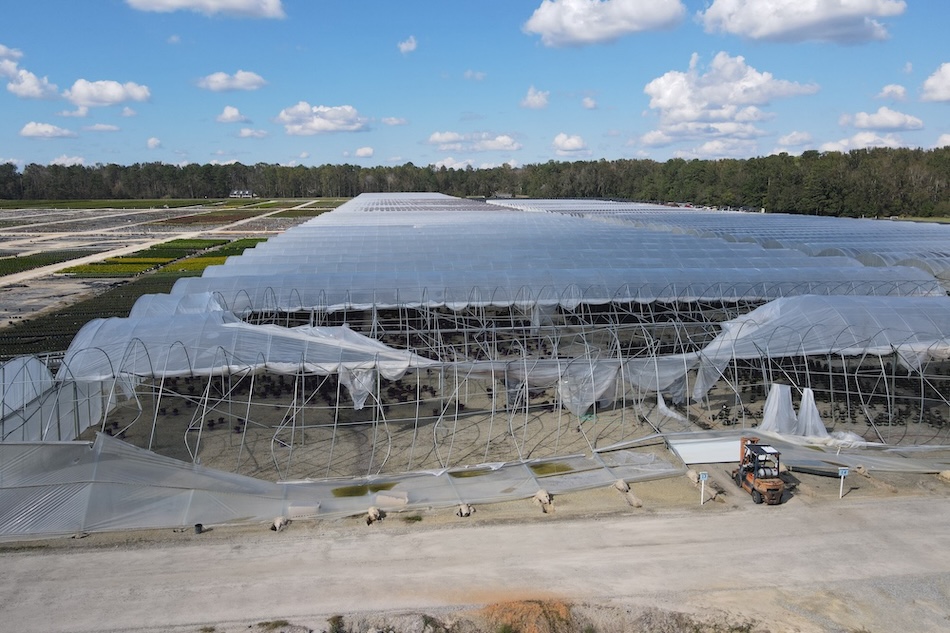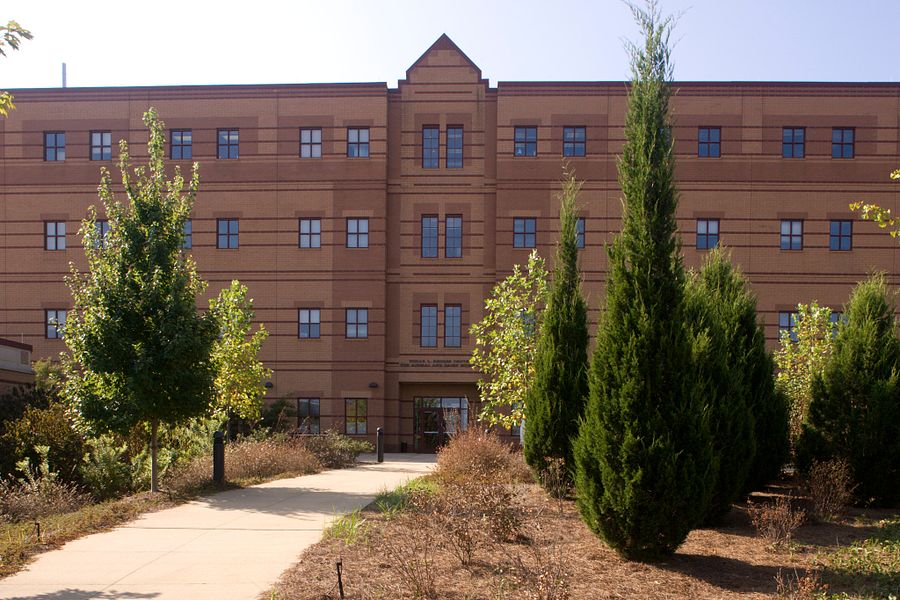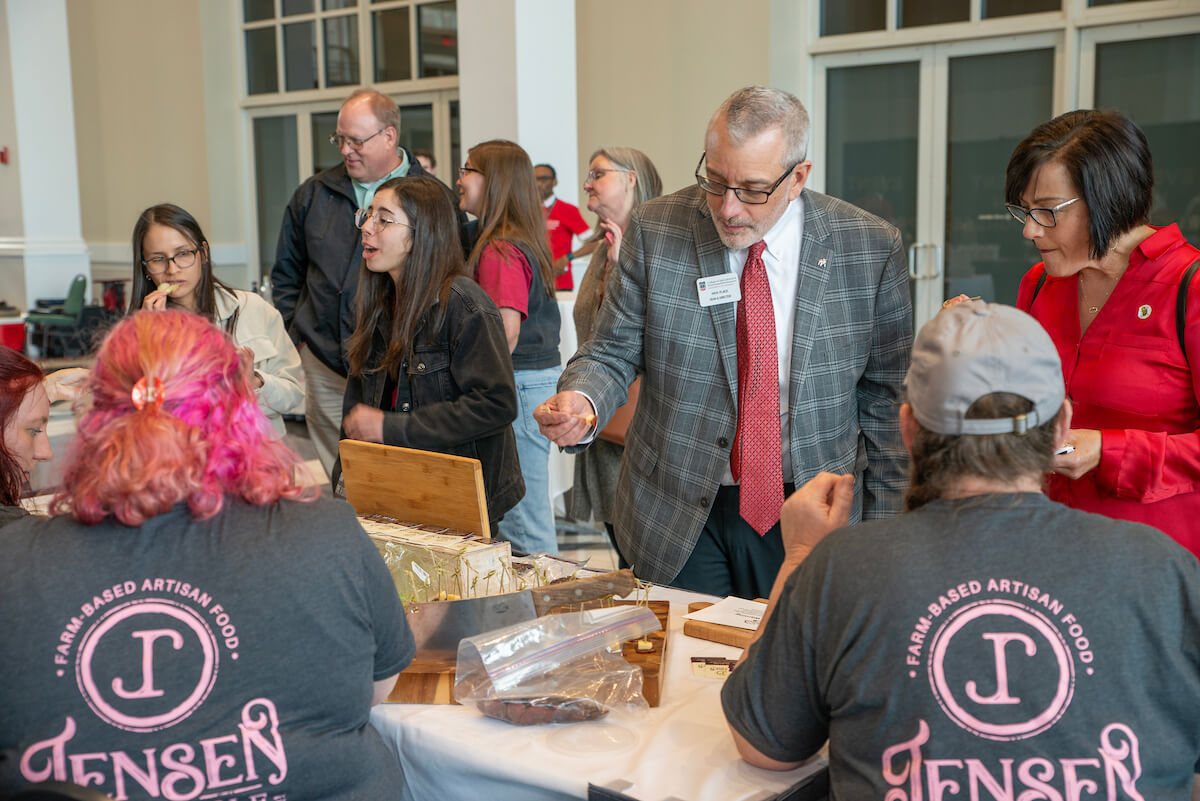By Terry Marie Hastings
University of
Georgia
“This is a very welcome indication that our efforts to enhance UGA research are paying off,” said Vice President for Research David Lee. “Through the efforts of many across campus, we have worked to build interdisciplinary themes, leverage our strengths and recruit outstanding faculty. In current times, academic research is extraordinarily competitive, so that if you’re not moving forward, you’re inevitably slipping behind. We’d rather move forward.”
The previous peak, $150.6 million, was reached in fiscal year 2005. UGA is among the top 100 public and private research universities for federal research and development expenditures. The National Science Foundation ranks UGA 94th in nation among all universities, based on 2007 rankings, the most recent available.
Sponsored research funding stems from contracts and grants awarded to the university primarily by federal, state or local government agencies; state, national or international private foundations; or individual donors from Georgia and elsewhere.
“The funding success achieved by UGA faculty researchers this year is a reflection of their scientific contributions in areas of important state and national need, such as health, sustainable energy, human development and the environment,” Lee said. “It is work they will continue to build on in the future.”
In addition, Lee said, “the funding UGA researchers bring in, mostly from the federal government, benefits the local and state economy.”
By conservative estimates, every research dollar UGA researchers earn generates almost $2 that is spent in Georgia on services, equipment and support personnel, according to Jeff Humphreys of the Selig Center for Economic Growth, UGA Terry College of Business.
In 2009, federal agencies awarded grants and contracts to UGA researchers totaling $100.6 million, or almost 60 percent of the total. Funding agencies include NSF, the National Institutes of Health, and the U.S. Departments of Agriculture, Energy, Education, Defense and Commerce.
UGA researchers also received sponsored research funding from the state and local governments, international agencies and foundations and private companies developing new technologies.
UGA’s total external funding—which includes research, instruction, public service and outreach—also rose, ending the year at $246.7 million, according to Regina A. Smith, associate vice president for research. Declines in instruction and public service awards were offset by increases in Cooperative Extension and research awards.
A sample of 2009 research awards include:
Complete information on award data can be found in the Fiscal Year 2009 Annual Report, Office of the Vice President for Research, http://www.ovpr.uga.edu/communications/facts/reports/2009/.






